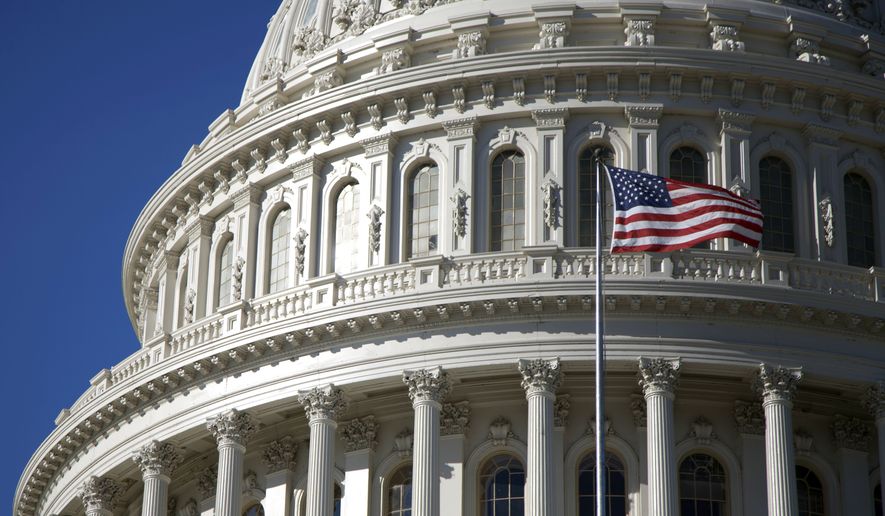Former chiefs of the Congressional Budget Office defended the federal agency in a letter to congressional leaders Friday, saying its nonpartisan scorekeepers cannot nail every prediction about policy but frequently do a better job than less-informed analysts.
The letter is a direct response to a campaign by the White House and some Republicans to discredit the CBO’s analyses of GOP plans to repeal and replace Obamacare, which consistently said more than 20 million Americans would be knocked off the insurance rolls by 2026.
GOP leaders say the estimates make too many assumptions about future behavior, once the Affordable Care Act’s heavy mandates are peeled away, and that analysts overestimated how many people would flock to the law’s insurance exchanges when the overhaul passed in 2010.
But the CBO did a good job of predicting how many people would be insured overall under the law — for instance, many people remained in employer coverage instead of ending up in the exchanges. All eight of the CBO’s former directors chafed at the verbal salvos against the office.
“We write to express our strong objection to recent attacks on the integrity and professionalism of the agency and on the agency’s role in the legislative process,” the directors wrote to Senate Majority Leader Mitch McConnell and Minority Leader Charles E. Schumer and House Speaker Paul D. Ryan and Minority Leader Nancy Pelosi.
They said the CBO has a detailed understanding of federal programs and economic conditions, is upfront about its models and uses an unbiased approach, producing a decent product even if it gets it wrong at times.
“Unfortunately, even nonpartisan and high-quality analysis cannot always generate accurate estimates. Policy changes are often complex, the economy is dynamic and defies precise prediction, and many policies are modified over time. However, such analysis does generate estimates that are more accurate, on average, than estimates or guesses by people who are not objective and not as well informed as CBO’s analysts,” they wrote.
The signers span the political spectrum and several decades, from Alice M. Rivlin, who led the CBO at its founding in 1975, to Douglas M. Elmendorf, who served during the Obama years.
“In sum, relying on CBO’s estimates in the legislative process has served the Congress — and the American people — very well during the past four decades,” they wrote. “As the House and Senate consider potential policy changes this year and in the years ahead, we urge you to maintain and respect the Congress’s decades-long reliance on CBO’s estimates in developing and scoring bills.”
On Thursday, the CBO estimated that 22 million people fewer people would hold insurance a decade from now under the latest version of the Senate GOP replacement plan. In June, CBO analysts said an earlier version of the bill would result in the same number losing coverage, spooking GOP moderates.
The score did not include an amendment that Sen. Ted Cruz, Texas Republican, proposed to let insurers sell plans that don’t comply with Obamacare’s coverage regulations, so healthier consumers could pay less.
Mr. Cruz and Sen. Mike Lee, Utah Republican, argue that including a version of the “freedom” amendment would drive down premiums for healthier consumers, though analysts say the idea would segment the marketplace, driving up costs for sicker consumers.
The Health and Human Services Department released a report Wednesday that said the amendment would have positive effects overall, though relying on that report instead of a CBO score would be an unusual break from tradition.
• Tom Howell Jr. can be reached at thowell@washingtontimes.com.




Please read our comment policy before commenting.